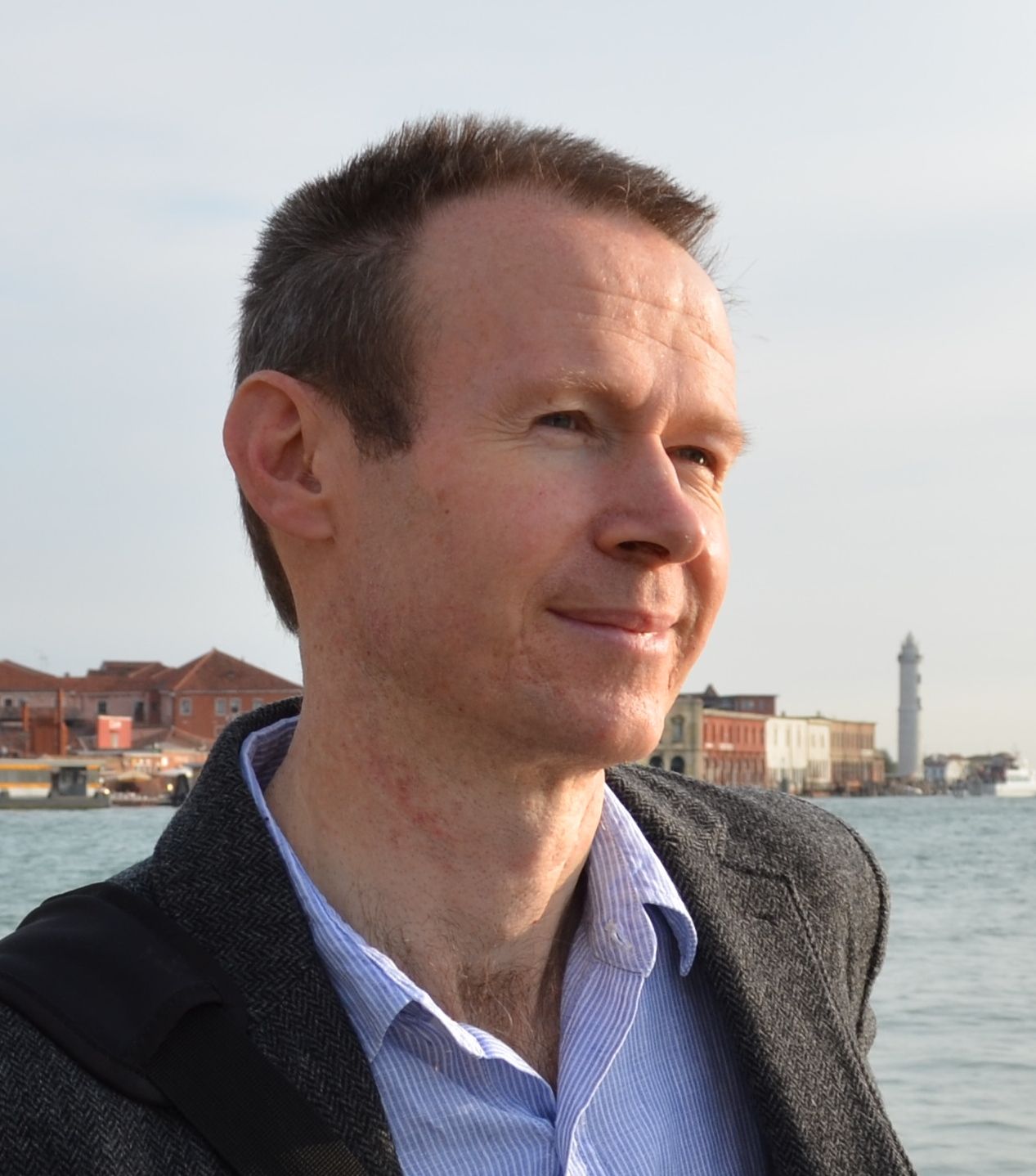3rd CENSIS Technology Summit, 6 Oct 2016
Technology & Innovation Centre, Glasgow G1 1RD
Session 1: The Connected Self 
Andrew Stirling, Senior Advisor in digital communications for Microsoft, will explore some of the technologies that help to support the Microsoft Band and other wearable devices that can track a user’s heart rate, steps, stairs climbed, calorie burn, exercise and sleep quality.
Title: Wiring up the connected self
Summary: Wearable technology and associated cloud services create exciting opportunities to improve our health and convenience, as well as for businesses to innovate. However, there are a number of technical and regulatory challenges to be faced. This talk considers the technology being developed to help meet the challenges.
About Andrew
Andrew has engaged with regulators and industry in UK and other parts of Europe, to raise awareness of the potential of dynamic spectrum access to enabling more widespread affordable network coverage – for people and things.
In 2011, Andrew formed a 17-company consortium to mount the Cambridge White Spaces Trial, which was the largest of its kind in the world, at the time. He has also encouraged dynamic spectrum initiatives around Europe – working with world class partners.
He is Chair of the Centre for White Space Communications at the University of Strathclyde, which has developed world-leading expertise in the field of dynamic sharing technology, leading pilots in Scotland (e.g. on the Isle of Bute and in Glasgow) and in Africa.
Andrew also sits on the Advisory Board for the Glasgow Future City Demonstrator project.
Andrew started at BBC R&D, developing advanced production technology, with a first class honours degree in Physics from Imperial College. He then joined a start-up developing advanced home networking technology, becoming Head of Technology Development. He worked with Mercedes-Benz and key suppliers on the first advanced multimedia in-car network, propelling him into management consultancy Arthur D. Little – where he helped blue chip clients develop innovation strategy. In 2001, he joined UK TV regulator (ITC – later Ofcom), as Senior Technology Adviser, developing digital switchover and spectrum policy.